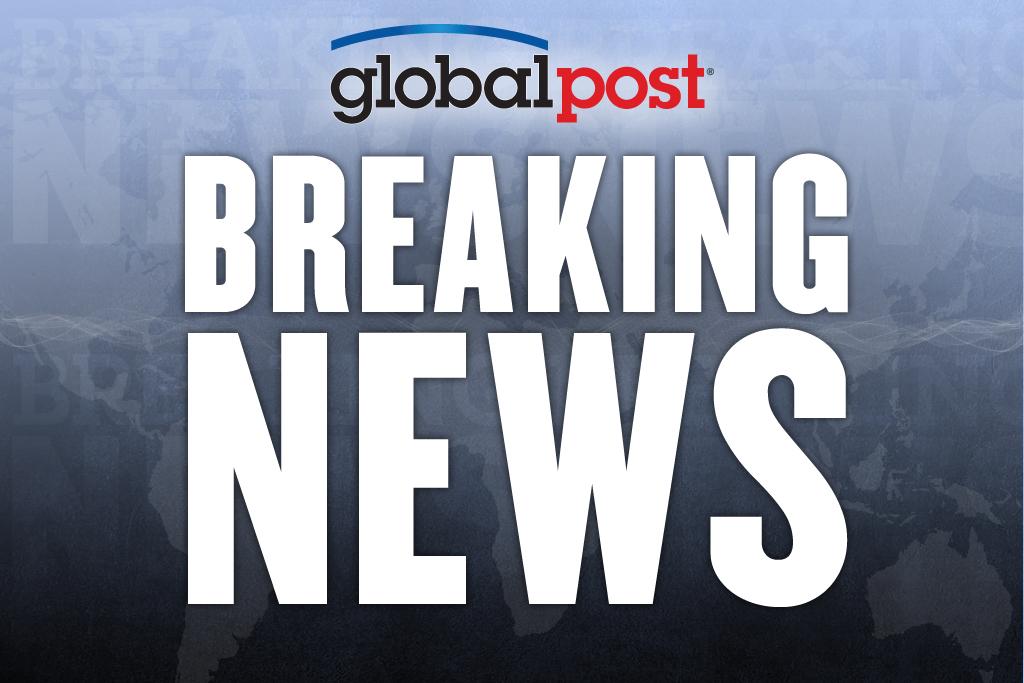Al Shabaab bans foreign aid in starving Somalia
In the face of the Horn of Africa's worst drought in decades, Al Shabaab militants reneged on allowing foreign food aid to the hardest hit regions.
Two weeks after saying the ban on some aid groups working in Somalia would be lifted, the Islamist group with links to Al Qaeda, has announced that the ban remains, the AFP reported today.
This week the U.N. declared a famine in southern Somalia and said nearly half of Somalia's population urgently needs aid. On Friday, the World Health Organization (WTO) said five more regions in southern Somalia are on the brink of famine, VoA reported.
The United Nations defines a famine as when malnutrition rates exceed 30 percent, and when more than two people per 10,000 people are dying each day due to a severe lack of food.
Almost half of Somalia's 3.7 million people are affected. The United Nations says it is likely that tens of thousands have already have died, the majority being children. Al-Shabab, which controls parts of the afflicted region, accused the UN of exaggerating the severity of the drought and using it as propaganda.
"The declaration of famine is political and is a lie with hidden agendas," a spokesman said in a broadcast on an Islamist radio station, saying only that there has been "a shortage of rain".
The UN's World Food Programme (WFP), one of the aid groups banned by al- Shabab, said on Friday that it would fly aid into Mogadishu "within days".
Somalia is the worst affected country in the drought-hit Horn of Africa region, where the UN says that more than 3.7 million people are at risk of starvation.
Refugees are arriving from Somalia to Kenya's Dadaab refugee camp, the largest in the world, at a rate of about 1,500 a day, Al Jazeera reported.
"There are 11,000 refugees [in Dolo Ado] alone who still have to be processed," an Al Jazeera correspondent said.
Rozanne Chorlton, UNICEF's co-ordinator in Somalia, told Al Jazeera on Wednesday that UNICEF has been allowed to deliver aid unhindered in al-Shabab-controlled areas over the past fortnight, but that "it may be more difficult for organisations that were not already in areas affected".
See Globalpost dispatch on Somalis streamign into Kenya's refugee camps.
